12 Songs that Became Anthems of Change
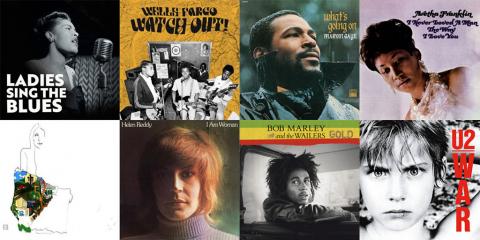
This week is the first that Saudi women will be able to drive, and to mark the occasion Berklee performers created an Arabic cover of the Beatles' song "Drive My Car." In fact, popular music has long had a role in promoting positive cultural change. The following 12 tracks have transcended entertainment to question, provoke, and inspire society on issues ranging from civil rights and the human cost of war to political unrest and gender equality.
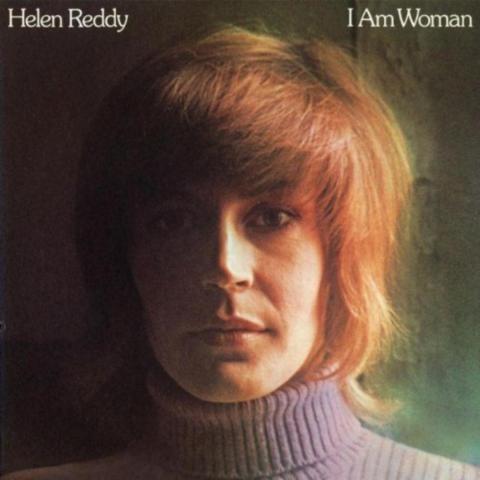
1. "I Am Woman," Helen Reddy (1971)
Penned during the peak of the women's liberation movement in America, in the early 1970s, Helen Reddy was moved to write "I Am Woman" when she couldn't find any other song that spoke in an empowered way about what it meant to be a woman. The song caught the culture's attention in a powerful way, topping the charts and asserting itself as an anthem of what it means to believe in yourself.

2. "Strange Fruit," Billie Holiday (1939)
Originally written as a poem by Abel Meeropol to protest racism and the atrocity of the lynching of African Americans, Billie Holiday began performing "Strange Fruit" as her set closer, to allow the song's sobering gravitas to really sink in. While it's been famously covered by the likes of Nina Simone and Jeff Buckley, Holiday's affective and haunting rendition remains the definitive version.

3. "Watch Out," Wells Fargo (early 1970s)
Inspired by Jimi Hendrix and Deep Purple, a heavy-rock movement came to prominence in Rhodesia (now Zimbabwe) with the band Wells Fargo leading the scene. Originally titled "Have Gun, Will Travel," the song spoke against an oppressive government and was so effective in rallying the counterculture that the band had to change the lyrics in order to be allowed to keep performing it. Its mark had been made, however, and crowds continued to gather under its banner.
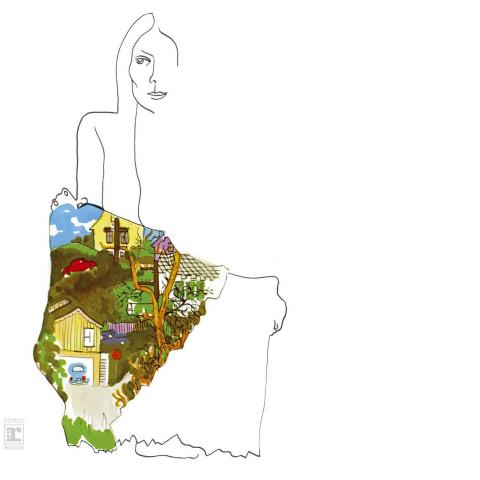
4. "Big Yellow Taxi," Joni Mitchell (1970)
With its refrain, "They paved paradise to put up a parking lot," Mitchell's environmentally conscious earworm—wrapped cleverly in an uptempo package—takes a steely-eyed look at the relationship between the earth and modern civilization. The song has been covered regularly ever since it was released, cementing its role as a timeless anthem of the importance of protecting natural resources.
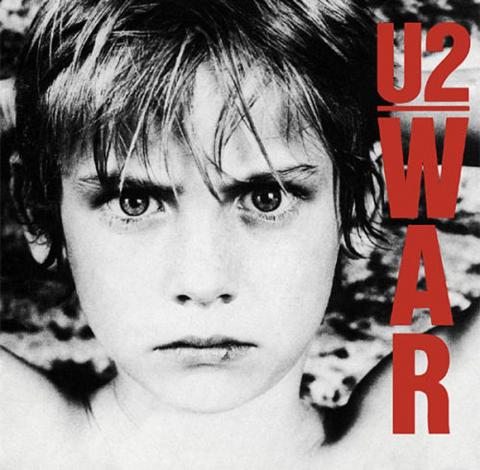
5. "Sunday Bloody Sunday," U2 (1983)
Chronicling the atrocities of violence against unarmed civilian protesters in Northern Ireland, U2's most overtly political track is carried by a skittering march-like beat and aggressive guitar. Despite its sonic anger, the song does not advocate revenge, and with the repeated pre-chorus line "How long must we sing this song?" is ultimately a call to lay down weapons and think about the human cost of war.

6. "The Revolution Will Not Be Televised," Gil Scott-Heron (1970)
At once a civil rights clarion call and an indictment of commercialized entertainment, jazz poet Gil Scott-Heron's spoken-word piece examines the nature of true revolution by expertly collaging references to everything from advertisements to politics as a warning against being numbed to or distracted from matters of human equality.

7. "Blowin' in the Wind," Bob Dylan (1962)
With its verses full of earnest questions, only to have the mystical refrain echo back "the answer is blowin' in the wind," this Dylan song was just general enough that many causes picked up its pro-freedom mantle. From anti-war protests to the civil rights movement, Hollywood films to textbooks, "Blowin' in the Wind" skyrocketed the young troubadour to a timeless voice.

8. "War," Edwin Starr (1970)
One of the most recognizable anti-war anthems of the last 50 years, Starr's version of "War" is as direct as it is soulful. While it came to prominence in the Vietnam War era, other artists have found its sentiments to be timeless, most notably as part of Bruce Springsteen's 1984 tour behind Born in the U.S.A.—the title track becoming an immensely popular protest song in its own right.

9. "Get Up, Stand Up," the Wailers [written by Bob Marley and Peter Tosh] (1973)
Written in response to the social and political unrest in Jamaica, "Get Up, Stand Up" is a call to stand up for the voiceless and all those denied basic human rights. Its impact has endured long past its origins to the point that it was adopted by the human-rights nonprofit Amnesty International as its official anthem.
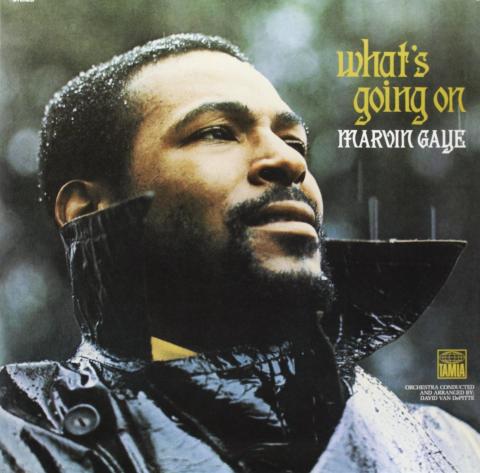
10. "What's Going On," Marvin Gaye
Having an approach similar to Dylan's "Blowin' in the Wind," "What's Going On" is more emotional appeal than it is a list of demands or cry of protest. Haunted by the war, relational strife, and racial prejudice around him, Gaye wrote the song in seclusion, ultimately transforming him from a Motown hitmaker to one of the most powerful voices of his generation.
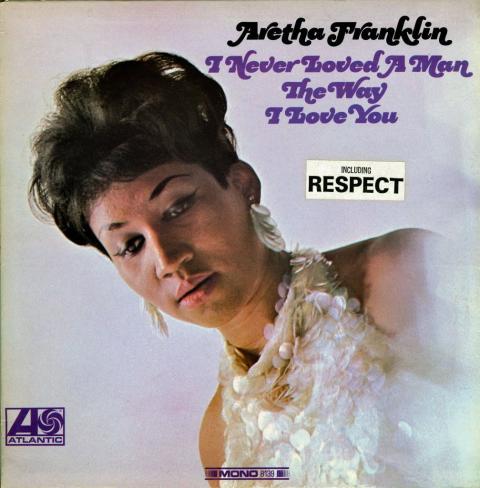
11. "Respect," Aretha Franklin [written by Otis Redding] (1967)
"Respect" was originally written by Redding from a man's perspective, but Franklin's rerecording made it her own and added the now iconic hook, "R-E-S-P-E-C-T / Find out what it means to me." Her version topped the charts and transformed the song into a fierce, confident declaration of a woman's equal right to respect.

12. "Imagine," John Lennon (1971)
Having already penned the anthem of acceptance, "All You Need Is Love," while still a member of the Beatles, Lennon took a more expansive view for "Imagine." A humanistic call for peace, the song answers the question of how to change the world for the better by turning the focus onto the listener and ending with an invitation: "I hope someday you'll join us / And the world will be as one."




